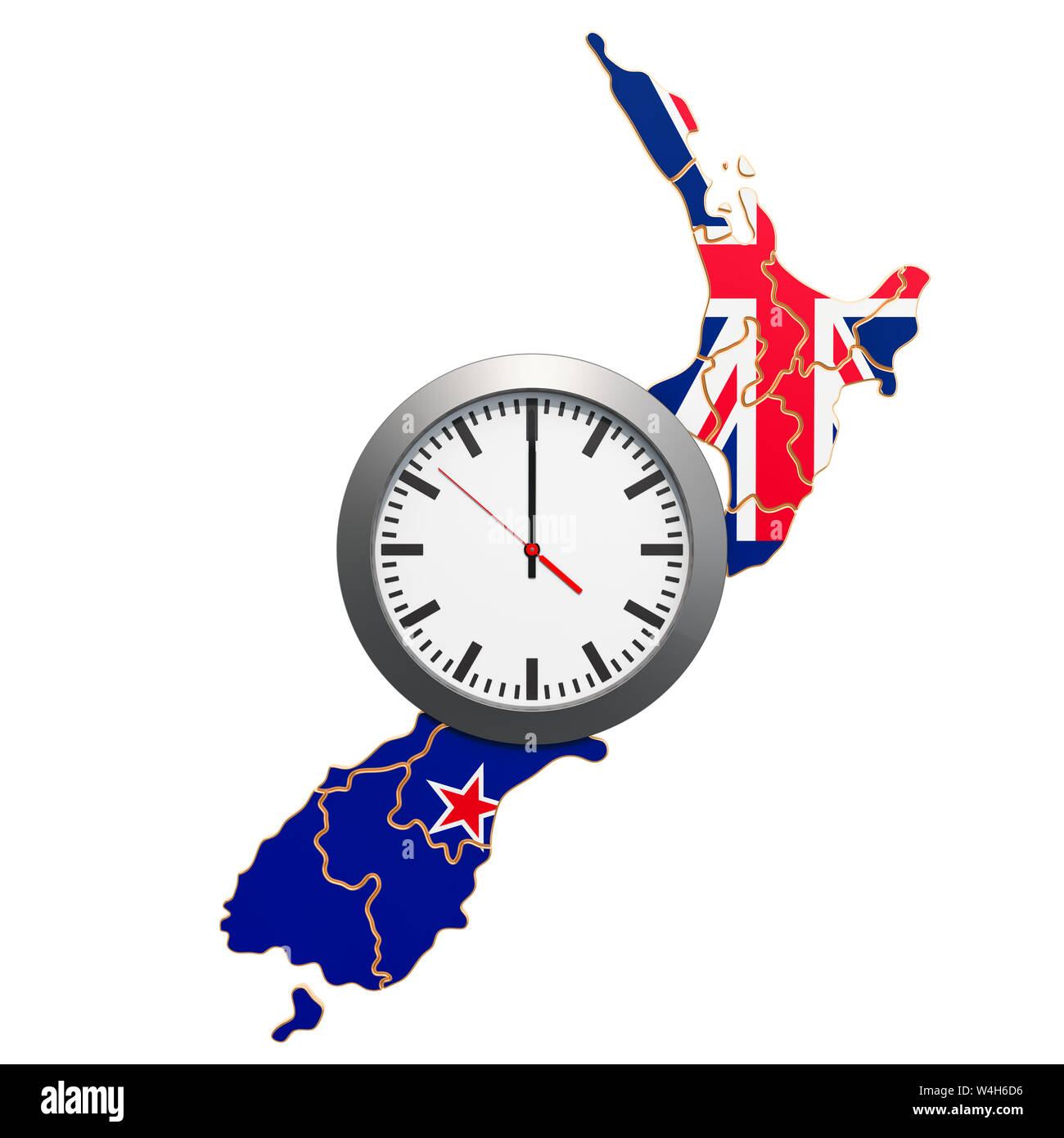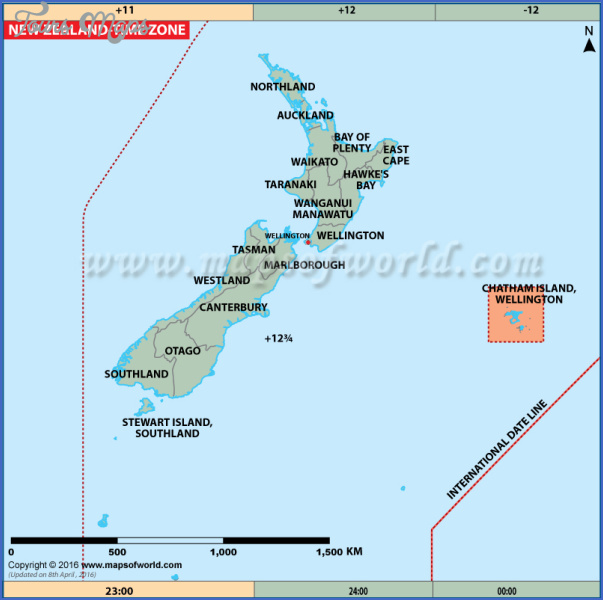Ever wondered why New Zealand seems to be ahead of everyone else? Well, let's dive into the fascinating world of time zones and find out why this beautiful country is always first to greet the new day. New Zealand time zone plays a crucial role not just for locals but also for travelers and global citizens alike. Whether you're planning a trip or simply trying to schedule that important international call, understanding New Zealand's time zone is key.
Now, before we get too deep into the nitty-gritty, let's start with the basics. New Zealand operates on two primary time zones depending on the season. Yep, you heard that right—two. This isn't just about being early birds; it's about maximizing daylight and making the most out of their stunning landscapes. So, buckle up, because we're about to unravel the mysteries behind New Zealand's timekeeping secrets.
And hey, if you're someone who's always been confused about why your New Zealand friends seem to be living in the future, don't worry. By the end of this article, you'll not only understand the "why" but also the "how" and "when." Let's make sure you're never late to the party—or the meeting—again!
- Discover Redgifs Adult Gif Sharing Platform
- Filmyfly Xyz Pro
- Jackerman 3d Exploring Artistry Animation Community Buzz
- Watch Alana Cho Erotic Videos And Pics
- Aditi Mistry Latest Updates Videos News Must See
Table of Contents
- A Brief History of New Zealand Time Zone
- Understanding the Current New Zealand Time Zone
- Daylight Saving Time in New Zealand
- Comparing New Zealand Time Zone with Others
- Tips for Travelers Navigating Time Zones
- How Technology Helps Manage Time Zones
- Impact on International Business
- Effects on Health and Well-being
- The Future of Time Zones
- Wrapping It All Up
A Brief History of New Zealand Time Zone
Let's rewind the clock a bit and take a look at how New Zealand ended up with its unique time zone setup. Back in the day, before standardized time zones existed, each town and city pretty much set their own time based on the position of the sun. Crazy, right? But in 1868, New Zealand decided to unify the country under a single time zone, making it one of the first countries to do so.
This move was partly driven by the need for better coordination, especially with the increasing use of railways and communication systems. And guess what? They chose a time that was 11 hours and 30 minutes ahead of Greenwich Mean Time (GMT). Fast forward to 1941, and New Zealand bumped it up to a full 12 hours ahead of GMT, where it remains today—except during daylight saving time, of course.
Why Did New Zealand Need Its Own Time Zone?
Here's the thing: New Zealand is pretty far east, and being so isolated in the vast Pacific Ocean, it made sense for them to create a time zone that worked for their specific needs. It wasn't just about convenience; it was about aligning with their natural rhythms and maximizing productivity. Plus, having a distinct time zone gave them a sense of identity on the global stage.
- Aagmalgives
- Miaz And Girthmaster Full Video
- Unveiling The Power Of Mydesi Net2 A Comprehensive Guide
- Top Sophie Rain Photos Videos
- Somali Wasmo Qarxis Telegram 2025 The Untold Story You Need To Know
Understanding the Current New Zealand Time Zone
Alright, let's talk about the present. Currently, New Zealand operates on New Zealand Standard Time (NZST), which is 12 hours ahead of Coordinated Universal Time (UTC+12). That means when it's midnight in Greenwich, it's already noon in New Zealand. Cool, huh? But wait, there's more!
During daylight saving time, which runs from the last Sunday in September to the first Sunday in April, New Zealand switches to New Zealand Daylight Time (NZDT). This pushes the clock forward by an hour, making it UTC+13. So yeah, for part of the year, New Zealand is officially the first place on Earth to see the sunrise.
What Does This Mean for You?
Well, if you're planning to call your mate in New Zealand or book a flight there, you better keep these time differences in mind. Missing that important meeting because you didn't account for the time zone difference is not gonna look good. Trust me, I've been there—and it's not fun.
Daylight Saving Time in New Zealand
Daylight saving time (DST) is a big deal in New Zealand. It's all about making the most of those long summer days and ensuring people can enjoy the outdoors for as long as possible. By moving the clocks forward, New Zealanders get to extend their evenings and make the most of the sunlight.
Now, some folks love it, and others? Not so much. There's always that debate about whether DST is actually beneficial or just a hassle. But hey, when you're in a country where nature is king, you kinda have to play by its rules.
Pros and Cons of Daylight Saving Time
- Pros: Longer evenings, reduced energy consumption, and more time for outdoor activities.
- Cons: Disruption to sleep patterns, potential confusion for travelers, and the occasional grumpy kid who lost an hour of sleep.
Comparing New Zealand Time Zone with Others
So, how does New Zealand's time zone stack up against the rest of the world? Well, as we mentioned earlier, New Zealand is one of the first places to see the sunrise. That means if you're in London, you're looking at a 12-hour difference during standard time and 13 hours during daylight saving. Meanwhile, if you're in New York, you're talking about a 16-hour difference during standard time and 17 hours during daylight saving.
And let's not forget Australia, New Zealand's neighbor. Depending on which part of Australia you're in, the time difference can vary. For example, Sydney is usually just one hour behind New Zealand during standard time and two hours behind during daylight saving.
Why Does This Matter?
Understanding these time differences is crucial if you're doing business internationally or planning a trip. Imagine trying to schedule a meeting with someone in New Zealand when you're in Los Angeles. If you don't account for the time zone difference, you could end up calling them at 3 AM their time. Not ideal, right?
Tips for Travelers Navigating Time Zones
Traveling across time zones can be a real challenge, especially if you're flying halfway around the world. Jet lag is no joke, and it can really put a damper on your trip. So, here are a few tips to help you adjust:
- Start Adjusting Early: A few days before your trip, try shifting your sleep schedule to match the time zone of your destination.
- Stay Hydrated: Drinking plenty of water can help combat the effects of jet lag and keep you feeling refreshed.
- Expose Yourself to Natural Light: Once you arrive, spend some time in the sun to help reset your internal clock.
- Limit Caffeine and Alcohol: These can mess with your sleep patterns and make jet lag worse.
What About Technology?
Thankfully, we live in an age where technology can help us manage time zones. Apps and gadgets can remind you when it's time to sleep, wake up, or even when to take a break from screen time. So, make sure to take advantage of these tools to make your travels smoother.
How Technology Helps Manage Time Zones
Tech has come a long way in helping us stay connected across time zones. From smartphone apps that automatically adjust for time differences to smartwatches that track your sleep patterns, there's no shortage of tools to help you stay on top of things.
But it's not just about personal devices. Businesses are also leveraging technology to manage global teams and ensure everyone is on the same page, no matter where they are in the world. Video conferencing software, project management tools, and even AI-powered scheduling assistants are all part of the modern workplace.
Which Tools Are the Best?
Some of the top tools for managing time zones include:
- World Clock Apps: These apps let you see the current time in multiple locations at once.
- Time Zone Converters: Quickly convert times between different zones with just a few clicks.
- Calendar Apps: Many calendar apps now have built-in time zone support, making it easy to schedule meetings across the globe.
Impact on International Business
For businesses operating on a global scale, time zones can be both a blessing and a curse. On one hand, having teams in different parts of the world means you can work around the clock. On the other hand, coordinating across time zones can be a logistical nightmare.
That's why many companies invest in tools and training to help their employees navigate these challenges. From flexible work hours to virtual meeting platforms, there are plenty of ways to ensure smooth communication and collaboration, no matter where you are.
What About New Zealand?
New Zealand's unique time zone can be both an advantage and a disadvantage for businesses. Being ahead of the curve means they can often get a jump on global trends and news. However, it also means they might have to wait longer for responses from partners in other parts of the world.
Effects on Health and Well-being
Living in a country with such a distinct time zone can have implications for health and well-being. Jet lag, as we've mentioned, can be a real issue for frequent travelers. But even for those who stay put, the changing clocks during daylight saving time can disrupt sleep patterns and affect mood.
That's why it's important to prioritize self-care and make adjustments as needed. Whether it's through diet, exercise, or simply taking a few extra minutes to relax, there are plenty of ways to stay healthy and happy, no matter what the clock says.
How Can You Stay Healthy?
Here are a few tips to help you maintain your well-being:
- Stick to a Routine: Consistency is key when it comes to sleep and other daily activities.
- Get Outside: Natural light is a great way to reset your internal clock and boost your mood.
- Practice Mindfulness: Meditation and other mindfulness practices can help reduce stress and improve overall well-being.
The Future of Time Zones
As the world becomes increasingly interconnected, the concept of time zones is evolving. Some experts argue that we should move toward a more unified system, while others believe maintaining local time zones is essential for cultural identity.
Whatever the future holds, one thing is certain: understanding time zones will continue to be an important part of global communication and cooperation. So, whether you're in New Zealand or anywhere else in the world, staying informed and adaptable is key.
What's Next?
Only time will tell how time zones will continue to shape our lives. But one thing's for sure: New Zealand will always be at the forefront, leading the charge into the future. And who knows? Maybe someday we'll all be waking up to the same sunrise.
Wrapping It All Up
So, there you have it—everything you need to know about New Zealand's time zone. From its rich history to its impact on modern life, it's clear that this little country in the South Pacific has a big role to play in the global timekeeping scene.
Remember, whether you're traveling, doing business, or just trying to stay connected with friends and family, understanding time zones is key. So, take a moment to appreciate the beauty of New Zealand's unique position and make the most of every moment—wherever you are in the world.
And hey, if you found this article helpful, don't forget to share it with your friends and family. Or, better yet, leave a comment and let us know what you think. We'd love to hear from you!
- Unveiling The Power Of Mydesi Net2 A Comprehensive Guide
- Jackermans Mothers Warmth Chapter 3 Release Date Fan Frustration
- Movierulz 2025 Latest Kannada Movies News Legal Info Read Now
- Discover The Pepper0 Family Manga Universe
- Lala Kudo The Rising Star In The Japanese Av Industry Ndash Career Facts And More


